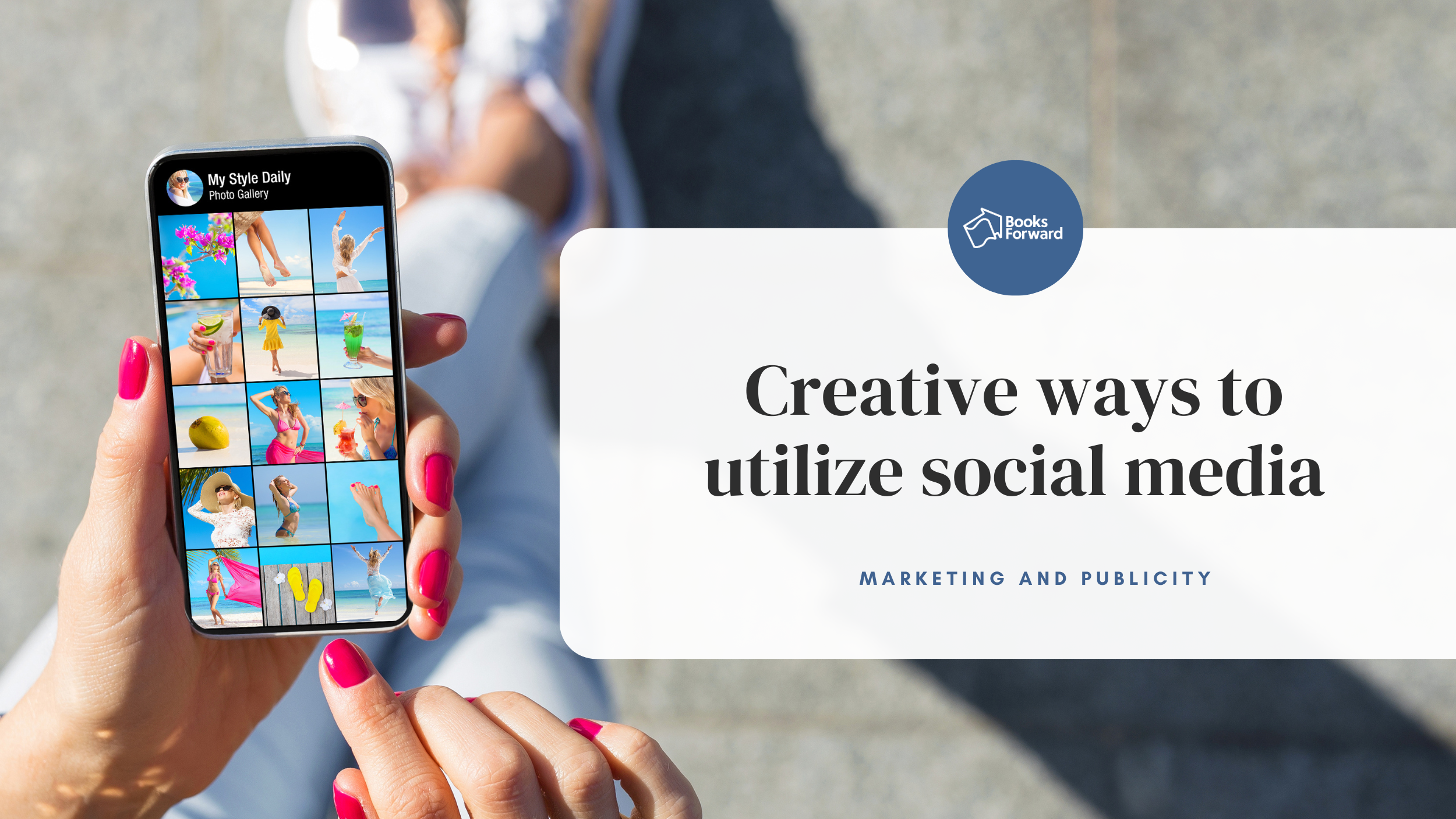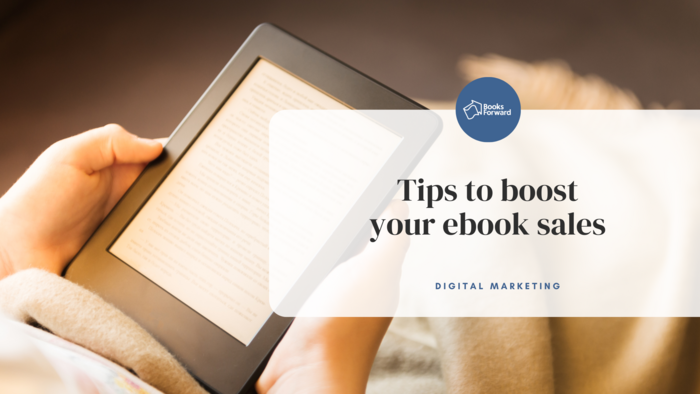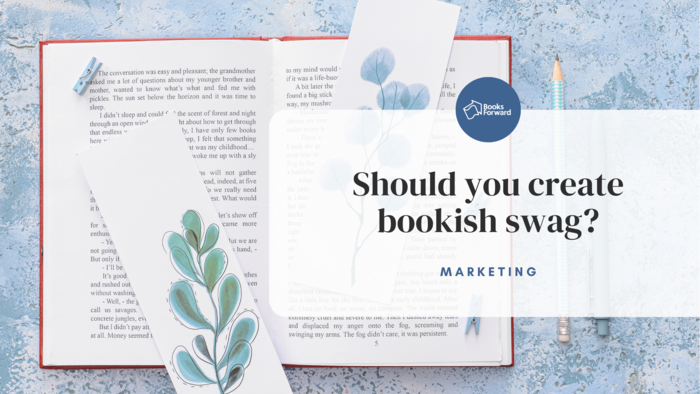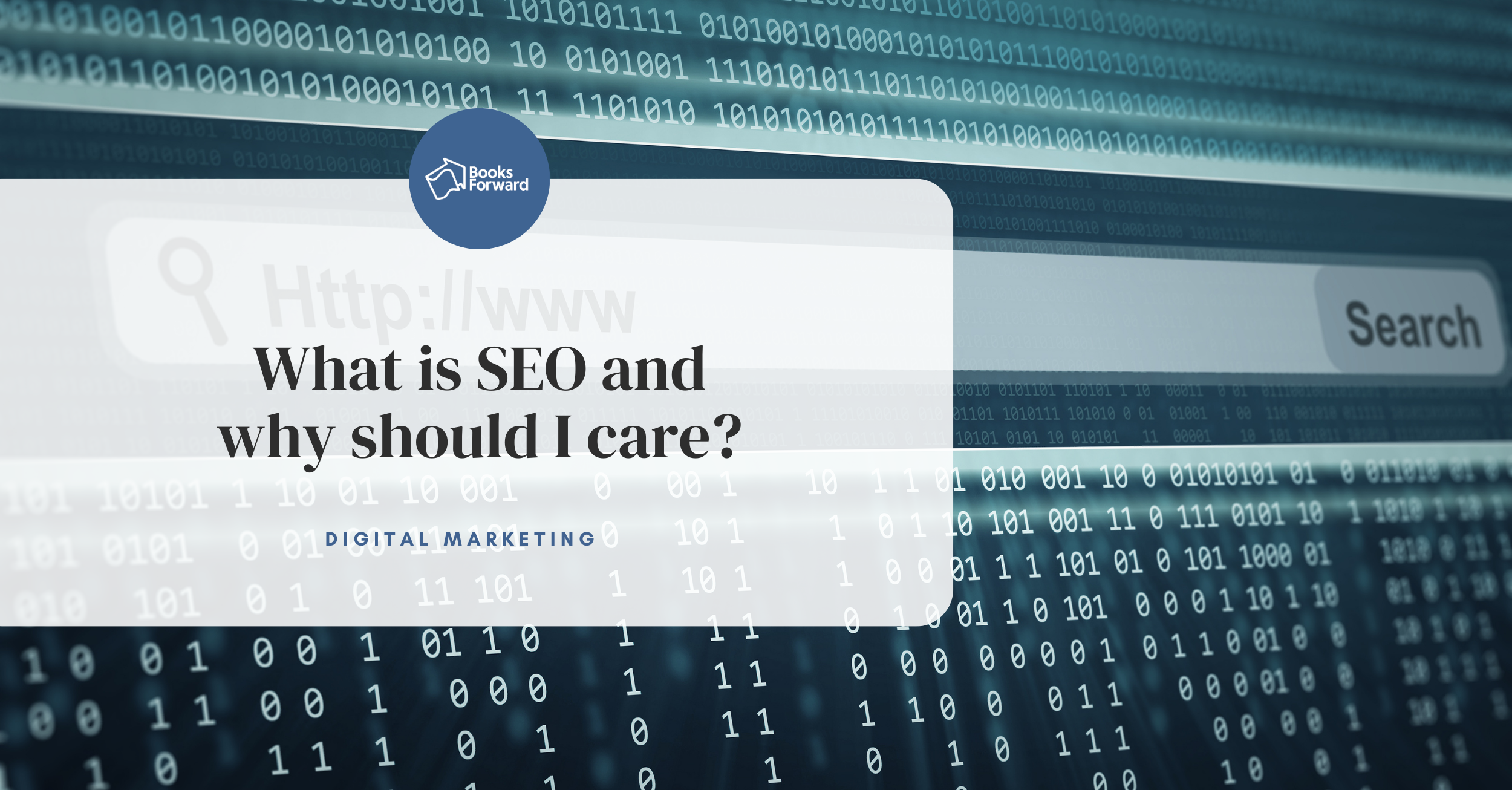What can we say, Books Forward authors are always going, going, going! We’re excited to feature some of our authors and their recent media wins in June 2024.
Features/Reading Lists
- Jennifer Moorhead’s Broken Bayou was featured in Deep South Magazine’s Summer 2024 Reading List.
- J. Boyce Gleason created this reading list for Shepherd about the best books that immerse you in a story so compelling that you don’t even realize you’re learning about history.
- Brian J. Morra was featured on First Coast Living to talk about entertaining and educating through historical fiction and his Able Archers series.
- Anne Abel’s memoir Mattie, Milo, and Me was a spring/summer 2024 book club pick on Modern Dog Magazine.
- Thomas R. Weaver collaborated with TikTok influencers Kris and Mads to have his techno-thriller Artificial Wisdom featured in their Fable book club.
Reviews
- IndieReader said Evette Davis “showcases her deep passion for storytelling and the enchanting world of the supernatural” in The Others in its starred review.
- Self-Publishing Review called Christina Bacilieri’s The Last Refuge “a stirring standout” and its review.
- Foreword Reviews called Penny Lane’s Redeemed “a story of indefatigable perseverance” in its review of the memoir.
- “A powerful exposé of the human costs of America’s immigration policies” is how Kirkus describes Sarah Towle’s Crossing the Line.
- Readers’ Favorite five-star review of Lindsey Henke’s When Skies are Gray praises the book’s “courageous and compassionate exploration of an often silent struggle.
- Compulsive Reader went in-depth in their review for Beyond the Shores by Tamara J. Walker.
- Kirkus says Jerry Madden’s Steel Valley “becomes more engaging as the pages turn” in this review.
- I Fear Those Big Words recently reviewed the Hirsch Giovanni edition of the Fritz Peters’ classic Finistère.
Guest Articles/Excerpts
- Ann Bancroft wrote a piece called “Cancer Helped Me Finish My Novel, Almost Family” for Women’s Writers, Women’s Books.
- Dr. Ronald Ruff wrote a piece for Psychology Today about responsive, sensitive parenting and healthy development.
- Poems by author Lauren Martin were excerpted from her collection Night of the Hawk and highlighted in Sanctuary Magazine’s May Poetry Corner.
Interviews
- Reginald L. Reed Jr. discuss his memoir The Day My Mother Never Came Home on the True Murder Podcast.
- Don Silver joined The Overlook Podcast to talk about his midlife shift and why he decided to write his novel Scorched.
- A Geek Leader Podcast had author Lois Melbourne on to discuss her novel Moral Code, AI, tech, and more.
- Charles Lachman discussed his new book Codename Nemo interviewed on the Preble Hall podcast.
- Leo Daughtry joined Big Blend Radio to talk about his historical novel Talmadge Farm.
- Author Kelly James Clark spoke with Bruce Langford on Mindfulness Mode about his book Raging Fire of Love.
Want to stay up to date on what Books Forward authors are doing in June 2024 and beyond? Follow us on Facebook, X, Instagram, TikTok and Threads!

Jennifer Vance is a publicist at Books Forward, an author publicity and book marketing firm committed to promoting voices from a diverse variety of communities. From book reviews and author events, to social media and digital marketing, we help authors find success and connect with readers.
Interested in what’s possible for your book sales and building readership? Check out our services, tell us your goals, and get a customized publicity campaign tailored just for you.









